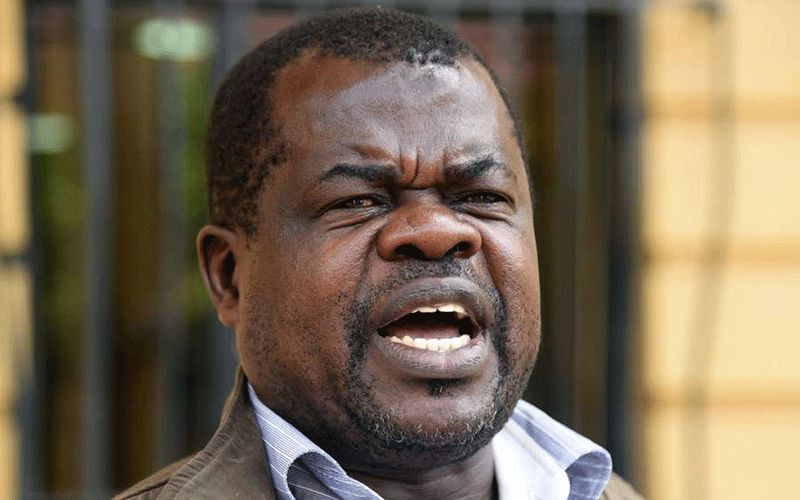Only PSC can appoint university bosses, court rules in Okiya case

Bernice Mbugua @BerniceMuhindi
Only the Public Service Commission (PSC) can appoint university vice-chancellors (VCs), their deputies and principals of constituency colleges, a court has ruled.
Justice Stephen Radido of the Employment and Labour Relations court further ruled that co-opting and participation of the University Council members by the PSC in the recruitment is not an illegality.
The judge gave the orders in a petition filed by activist Okiya Omtatah on November 6, 2019, against the PSC, the Education Cabinet Secretary, the Attorney General and the Council of Masinde Muliro University of Science and Technology (MMUST), alleging that PSC had violated a section of the Universities Act.
“The PSC violated the law in allowing the Council to take part significantly in the process of recruitment of a VC for MMUST,” Omtatah argued.
He also alleged that the decision not to renew the term of Prof Fredrick Otieno, as the varsity’s VC, was in breach of Article 41(1) of the Constitution.
“There was a conflict between Section 35(1)(a)(v) of the Universities Act, 2012 and Section 39(1)(a) of the Universities Act as amended by the Statute Law,” Omtatah had argued.
The Council, however, challenged Omtatah’s petition on grounds that he was advancing Otieno’s personal interests through litigation.
Fatally defective
According to the Council, the petition could not have been brought in the guise of public interest, as some of the disputes revolved around failure to renew Prof Otieno’s contract.
“After closely examining the petition, the court agrees with the Council that some elements revolved on private law interests of Otieno.
The court is of the view that where a party directly affected is capable of suing, third parties should not be quick to move to court under the guise of public interest litigation.
If the court finds abuse, it may not hesitate to condemn the party moving the court to pay costs,” the judge ruled.
The Council argued that the petition was premature because the PSC had not yet released the results of the interviews it had conducted.
Omtatah’s argument, however, was that because two members of the Council participated in the interviews conducted by PSC, any decision made would have no validity and, therefore, stood to be quashed.
The judge, however, noted the persons co-opted by the commission were Council members and Section 35 of the Universities Act establishes the Council as one of the governance bodies of public universities.
“Section 7 of the Act sets out the qualifications of council members to be the same as those of the members of the Commission for University Education.
The court can, therefore, assume or conclude that the two council members had specialist knowledge and skills not available to JSC and, therefore, their co-option was not illegal,” he ruled.
Justice Radido further noted that since the two council members did not have a vote as co-opted members of the selection panel, their participation did not interfere with or influence the independence of JSC.
“The court finds that the participation of the two council members did not render the interviews fatally defective,” he ruled.












